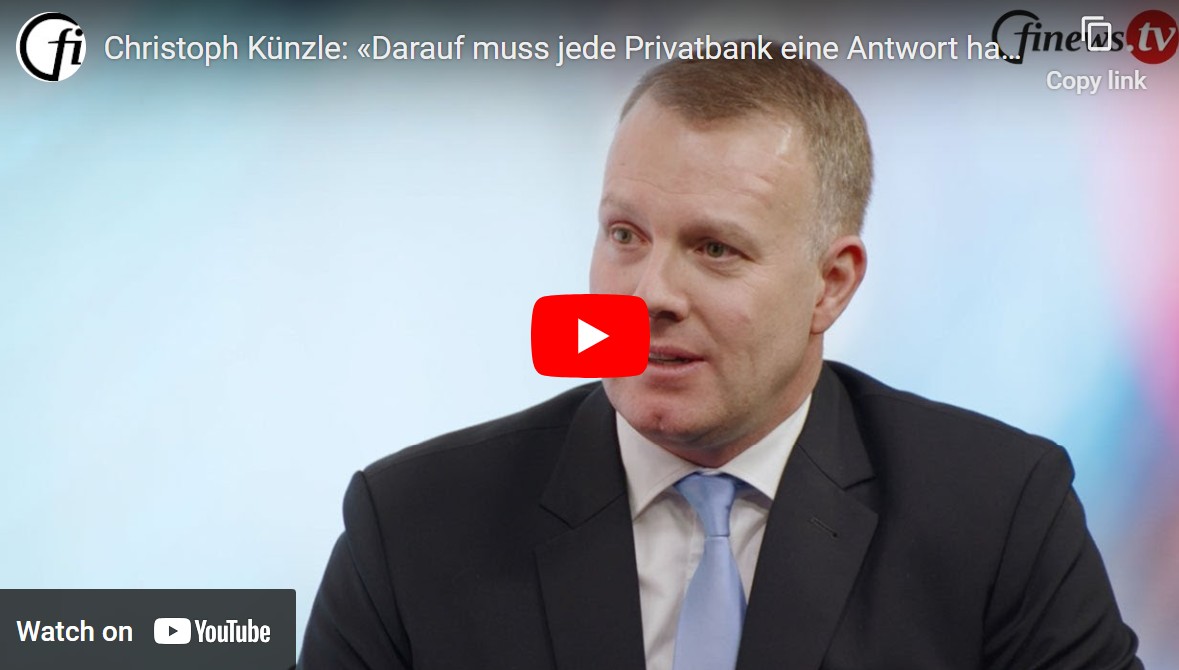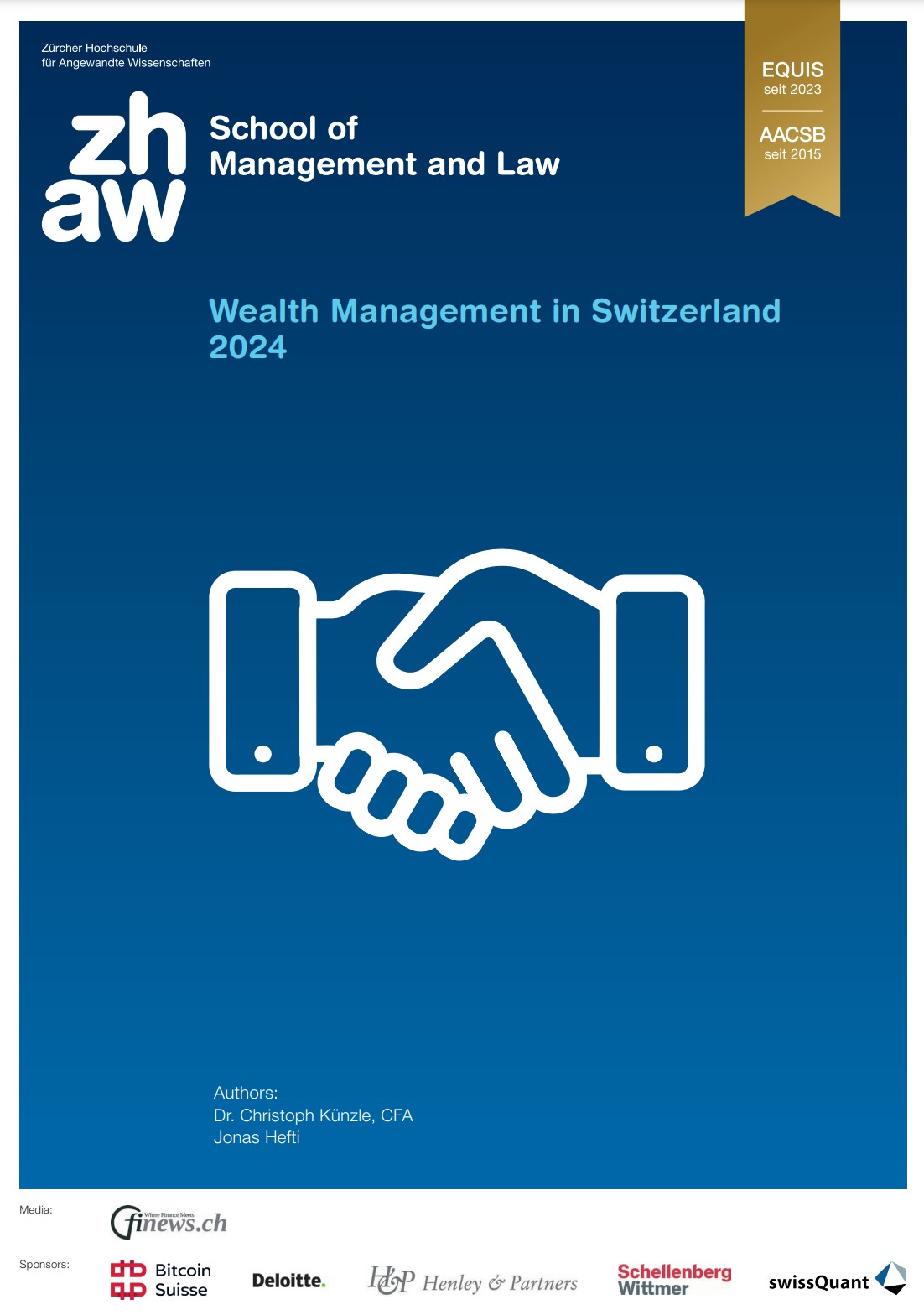
Financial Data Aggregation and Its Implications for Swiss Private Banks
The ability to collect and interpret comprehensive financial data is becoming more relevant for wealth management. A recent academic contribution highlights how new data aggregation tools make it possible to access financial information across different providers and asset types, including non-traditional elements such as rental or utility payments. For decades, private banks have relied on […]









